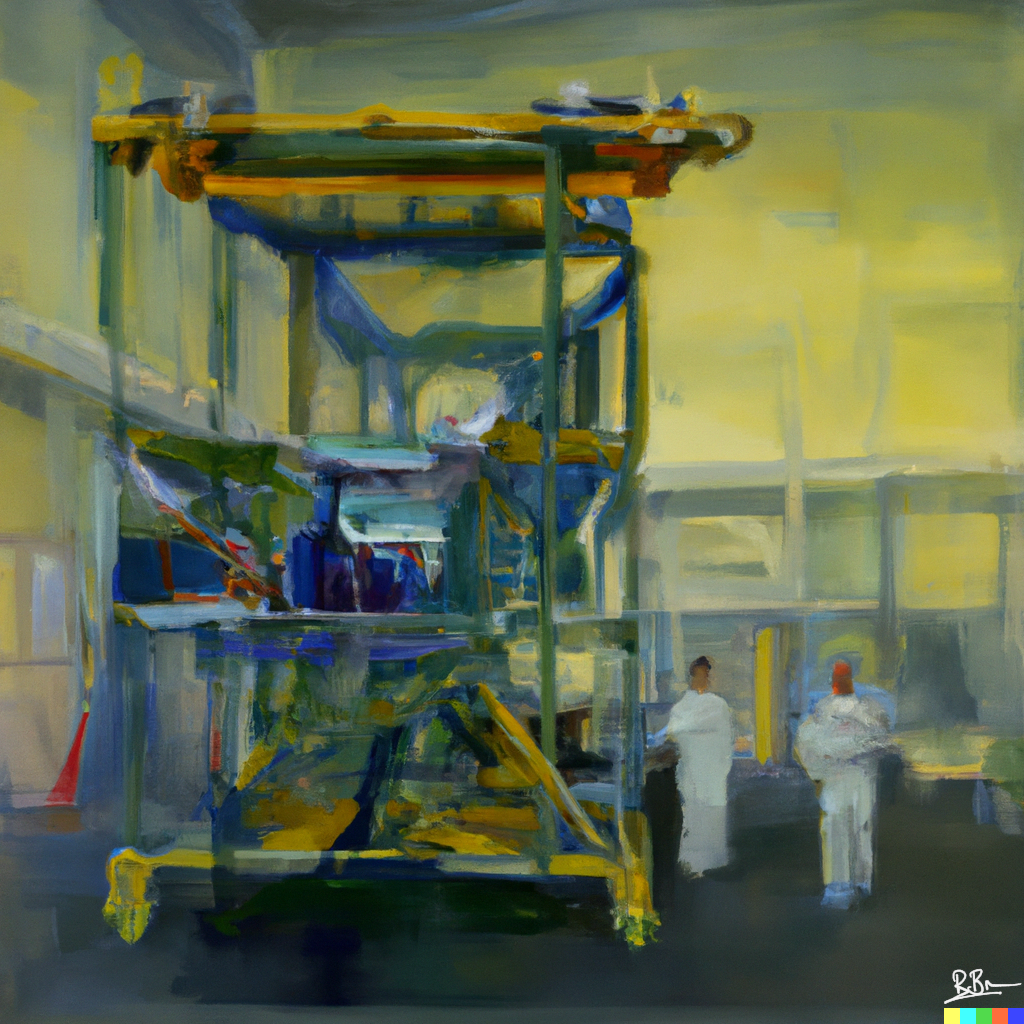The Software Café
Software, quality and lunch in a time before the internet.
Sample 1
Samples taken from chapters 1 to 12 covering the dreamxeam, introducing the Software Café, Angela, Leviathan, Steve, Smiffy, a need to change and a small black cat.
'You are to produce five thousand lines of poetry,' boomed the Voice, making Herne start. 'It must be good poetry Herne. It must mean something and it must move people. It must add meaning to their lives. It must be poetry that is worthy of being read out loud to an audience. You will have to read some of this poetry to a very large audience Herne. They will be expecting you to enrich their existence, to offer some hope Herne.'
Herne froze.
'Now, how does that add to your understanding of failure?' the Voice came again.
'Poetry! But I know nothing about poetry. Why poetry? What is the point? Do these five thousand words have to rhyme or what? And do I do this on my own, or can I get help?'
The Voice chuckled. It was enjoying itself. Poetry, it felt, was a nice touch, a more inspired choice.
'Of course you know nothing about poetry. Therein lies the value of the exercise. As to whether you have any help, it is up to you to look to those around you. They will be busy with their own requirements. How will they find the time to help you, and will they want to I wonder?' and the Voice guffawed with a cacophony of contempt.
'But this is crazy! Five thousand lines of something I know nothing about and the only help I can get is what I can persuade other people to give me.'
'That is correct. Welcome to your challenge Herne.'
'For challenge read nightmare.'
'Use that word with care Herne. Now go. You have until I decide you should have finished. I will review your progress regularly.'
'Wait,' shouted Herne. 'Can't you help me? Can't you give me some advice, some clarification on what you want? How do I do this?'
'Poetry Herne. I want poetry.' The Voice began to fade. 'I've heard it said that poetry is the art of calling things names,' and with that the Voice drifted away.
'The art of calling things names?'
Herne slipped into semi-consciousness. The sheet stuck to his clammy feet. He had kicked the duvet from his side of the bed. His T-shirt was damp with sweat. The cold pale blue light of early morning slipped through the window.
'Nightmare dream from Hell,' muttered Herne as he rolled himself onto his back, reorganised the duvet and tried to calm his erection.

Gian-Paolo knocked back his expresso and walked out onto the street. He is a large man, with broad shoulders, a well developed stomach and trousers full of legs. His hair needs a little scientific help to stay the black colour of his youth, but he is proud that at least it is all his own. He casually threw the dregs of his coffee into the gutter and purposefully and deliberately looked up and down the row of small Victorian terraced houses. They were built for labourers and artisans but now contained a healthy mix of single parents, young couples just starting out and pensioners who still remembered the war. The Council had given up trying to enforce conservation area rules in the face of a community determined to paint houses pink, sky blue and yellow ochre. This is a town by the sea.
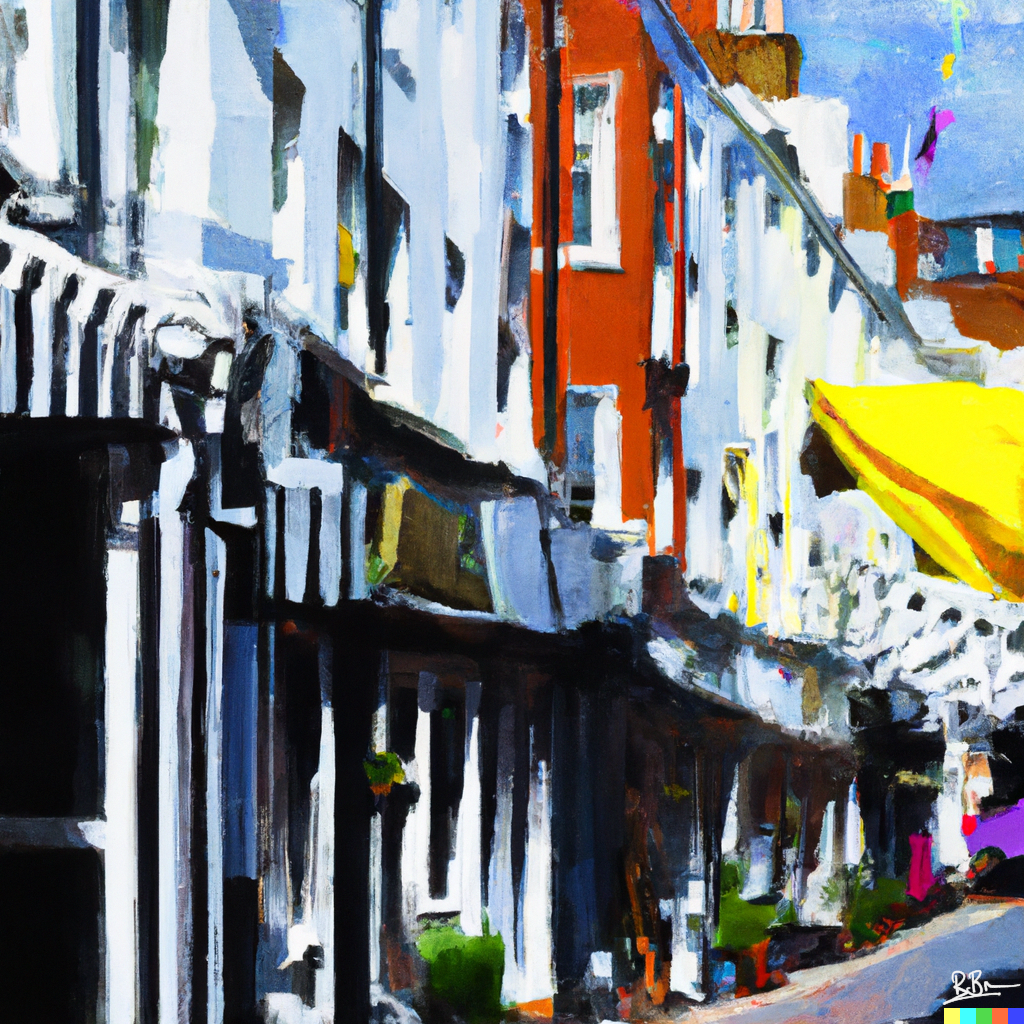
The body next to his stirred. Angela, the reason why he was here, made a small sleepy noise, and gently shifted her position. In the sunlight her long blonde hair formed a halo on the pillow. Herne lent over to look at her face then recoiled and gently ran a hand down the length of her back, squeezing a buttock before softly stroking the back of a thigh. She didn't respond. Herne was back in reality. He lived a split life. A tiny part of it, the part he thought he liked best, was spent with Angela in Brighton. Herne thought he could find a better life in Brighton with Angela. He thought they were good together and the set up felt right. For Angela, Herne was just one of several good time people. Herne being in Brighton would be OK, but he would probably get heavy, the way guys do. She would have to move to a different bedsit before he got too possessive.

Leviathan persuaded Kevin, the Landlord, to sell him a pint of Goacher's Particular Backblast. Particular Backblast is gold in colour and an ideal lunchtime beer on account of it not being too strong, unlike Peculiar Rumblings. The flavour is a magical combination of bitterness, sweetness and malt. Leviathan had always thought of it as a 'pick-me-up relaxant' if such a thing is possible. He ordered lunch then found a table by the inglenook fireplace. A couple of large logs were burning gracefully giving the room a warm glow and a slightly smoky atmosphere. Leviathan turned and stared at the fire, letting the beer accelerate his thoughts, allowing ever wilder connections to be made between ideas. For some reason that lunchtime, his mind settled on the flame, the atoms in the flame. He saw atoms as a little ball nucleus, with electrons whizzing around. He saw atoms in the heat, generating heat, absorbing heat, being heat by virtue of their vibration. He thought of them getting excited about the whole process of oxidation. Some he imagined, were getting a little carried away, their electrons dancing between energy states with gay abandon, throwing out photons in all directions. A great party, a real humdinger of an event. Radical electrons exchanging charges in one free for all atomic love-in.
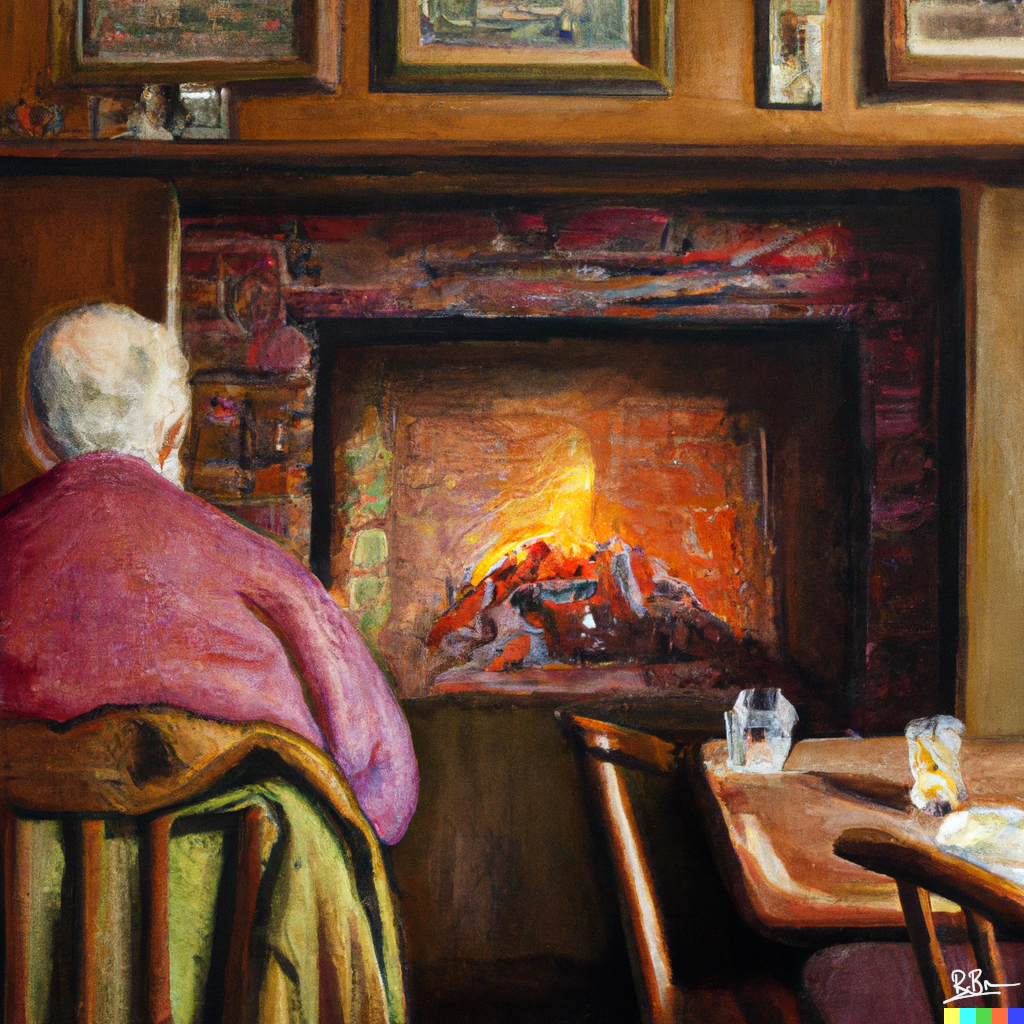
When Herne came back with the drinks they sat in silence. This was always the worst part of their time together. That last half hour before the trek to the station. Herne made small talk, asking what she would do that evening. Angela remained non-committal. She wasn't sure yet. She would think of something. They finished their drinks and set off for Queen's Road and the station.
At the ticket barrier Angela gave Herne a quick kiss.
'It's been great to see you again Herne and I'll look out for the flat. See you.' She turned on one heel and hurried off towards the exit.
'I'll phone you ...' and Herne saw her raise a hand as she left the station.

Herne stepped from the carriage into the dark drizzle of a northern station. A chill wind blew the warmth from his coat as he bent to lift his small bag from the train. Pools of sodium light lit inconsequential parts of the platform. Herne was about to shuffle off when an impulse stopped him. He lit a cigarette and stood in the rain looking at the station. The next time he would see it? Well hopefully he wouldn't, this was it. He took in the detail of the Victorian brick and the superimposed corporate identity. He noticed the leaking drainpipe, the torn poster, the out of date timetable showing trains going nowhere at inconvenient times. This was an ending. He was glad to move on. There was no chance of a taxi at the station, so he walked the two miles to the nearest town, buying cheap scotch at an off-licence. He called a taxi from a phone box that carried the odour of bakelite and urine. The taxi driver made out he was doing Herne the biggest favour in world for driving him home, especially as it was raining. Herne ignored him and left no tip.
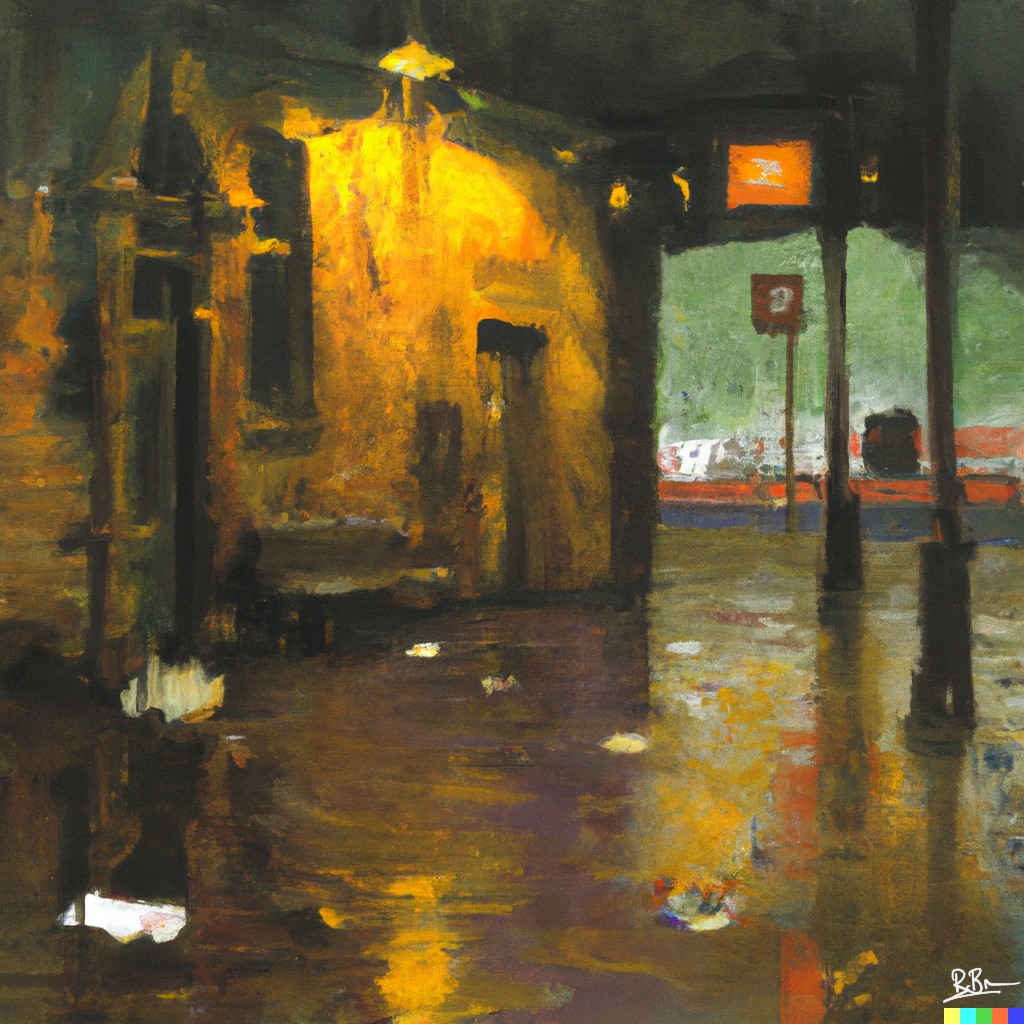
Herne had identified himself as an engineer. Now if people asked him what he did he would say 'engineer'. From his point of view it was a clear, unambiguous statement. Depending on who he was talking to he might embellish it a bit with the prefix 'design' or something similar. He knew what 'engineer' meant, he knew what he did and he knew that Plant employed a great number of excellent engineers. They did real engineering at Plant. They cut metal, shaped carbon and they built systems. The problem that had become apparent to Herne, was that many of the people he spoke to did not understand 'engineer', or they confused it with 'mechanic'. It set Herne thinking about the future of his working life. The evidence was everywhere that cutting metal was in decline. Even the government seemed to have lost interest in it. People spoke about information being the next big commodity, and not information so you could use it to do something else, like cut metal, but information for its own sake. Part of the reason for leaving Plant was to leave metal cutting and to start handling information. Herne wasn't sure it was a good idea at all, but it seemed like a risk to be taken sooner rather than later, and as it wasn't life threatening, so what?
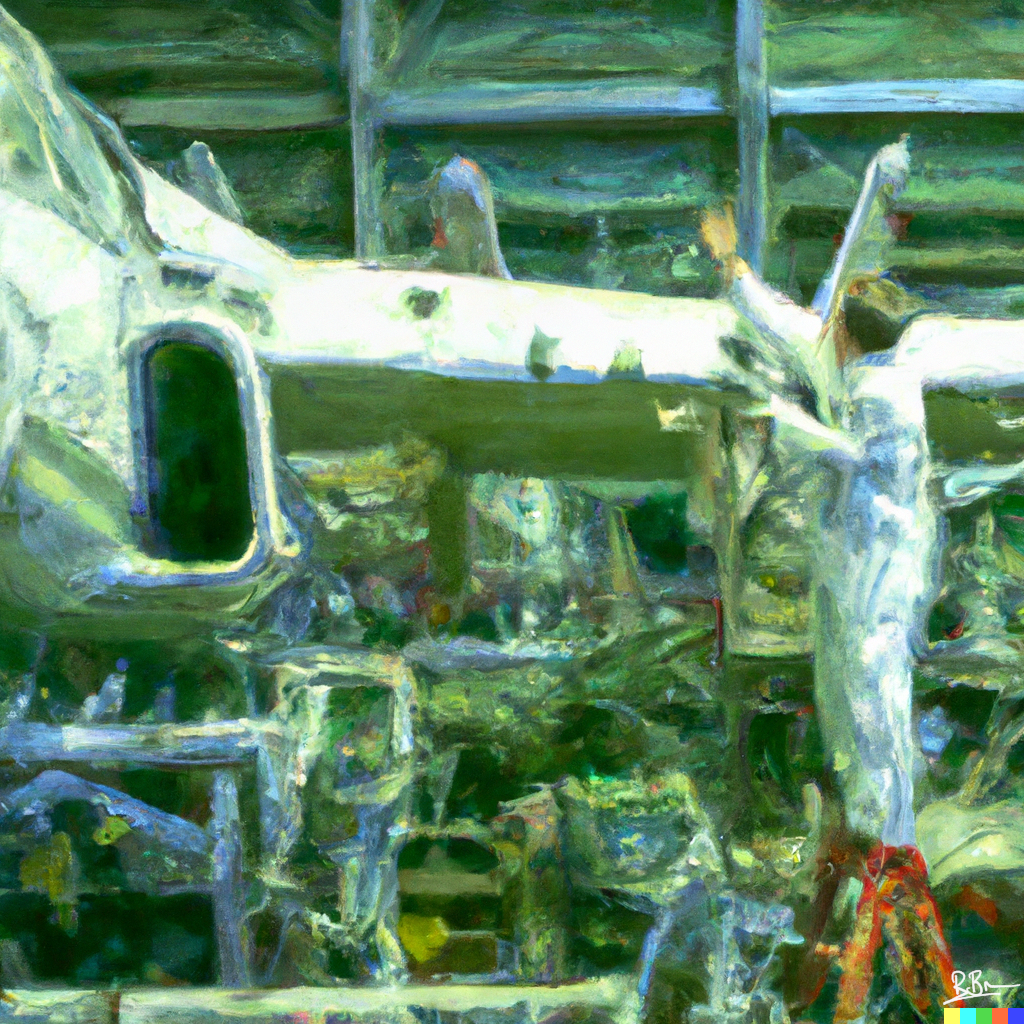
Dear Herne, please don't be cross. By the time you get this note you'll be in Brighton and I'll be in the Aegean, crewing on a yacht. I know you wanted so much, but it turns out I didn't. Please lighten up Herne. Sometimes you act as though you are really old, when there is so much to do while we're young. Hope you get the nice job you want in Brighton. It was fun, in places, Angela.

Herne's new house mate Steve had given up hacking into military defence computers. He had done so many, owned by all the world's leading powers, that he now found them rather tedious. Steve had moved onto better things. Starting with standard telecommunications satellites, he worked out how to log on and grab channels. From there he moved onto earth imaging satellites, but wanted a bigger prize. After six months he got it - access to the Deep Space Network. Steve isn't a simple computer nerd, he is a hairy savant with vision. He is ready to believe. Time on the Deep Space Network means he can try to make contact, and Steve knows they are out there. He sees them in his dreams and they call to him. Now he just wants to exchange IP addresses and get the low down on their technology, lifestyle and social and political infrastructure, along with a list of easy aliens. People like Steve are capable of pinning down technology till it squeals. They vision ways of manipulating things beyond the transport layer. They deal in the dark runes of awk, perl and scripts obscure. They make things happen. Steve is on the Deep Space Network. It's only a matter of time.
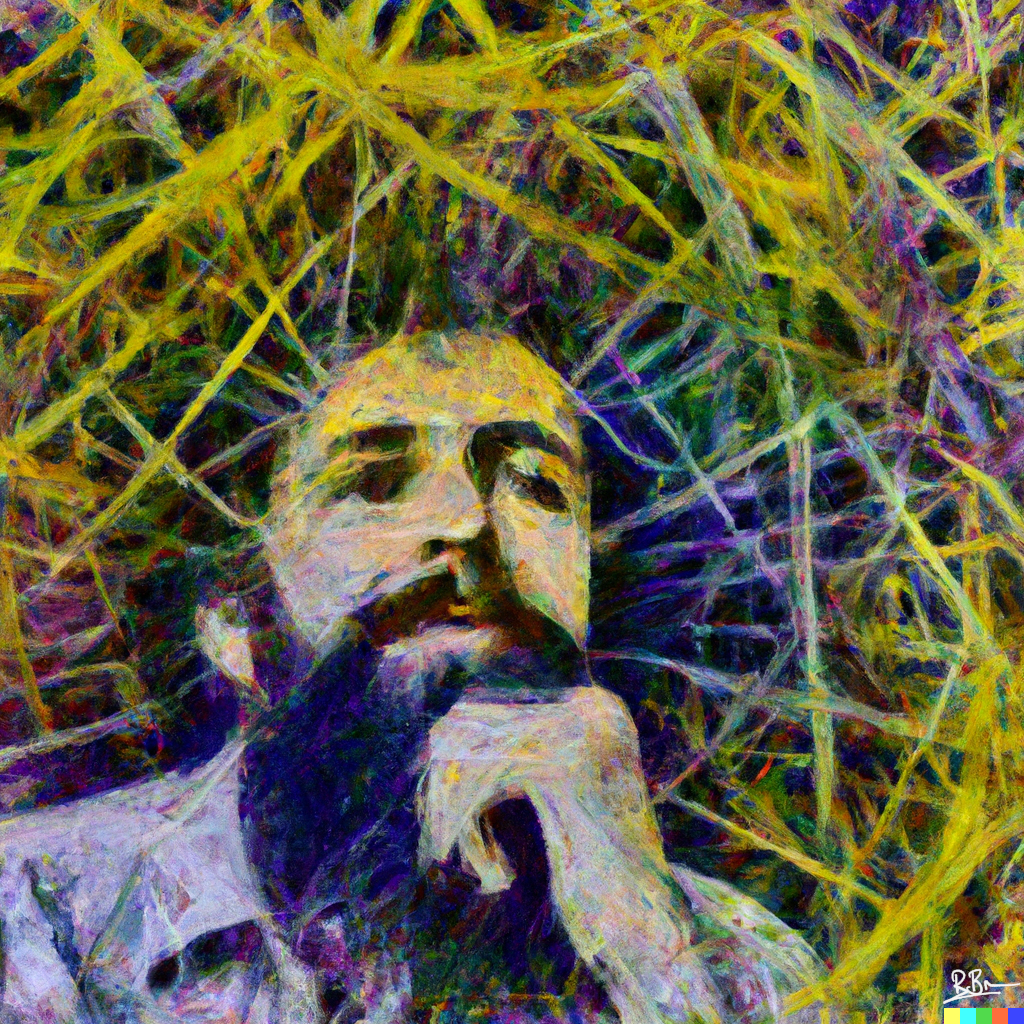
The shop floor of Hope was reminiscent of the manufacturing plant at Plant, except on a more human scale. The erection shop was a hanger of a building. On either side of a central aisle were four aircraft simulator bays, each bay approximately twenty meters square. Six simulators, in various build states were in the shop. They stood upon their six axis motion systems like H G Wells' strange and alien beings. Herne's heart lifted a little at the sight of cut metal. Here was real engineering again. They didn't say much as they walked around. Smiffy had done enough of that already. He pointed out a few things, like the hydraulics for the jacks buried beneath the floor, and the crane beam that could travel the length of the building on its wall supported rails. All around was the buzz of industry. It has a unique appeal. It's the combination of human voices, the sound of hydraulic motors, air tools, cooling fans and the hot smell of air heaters, oil, sweat, cigarette smoke, tea and occasionally strong aftershave. Herne recognised it and it gave him goose pimples. It was the buzz he wanted, but this time with software.
